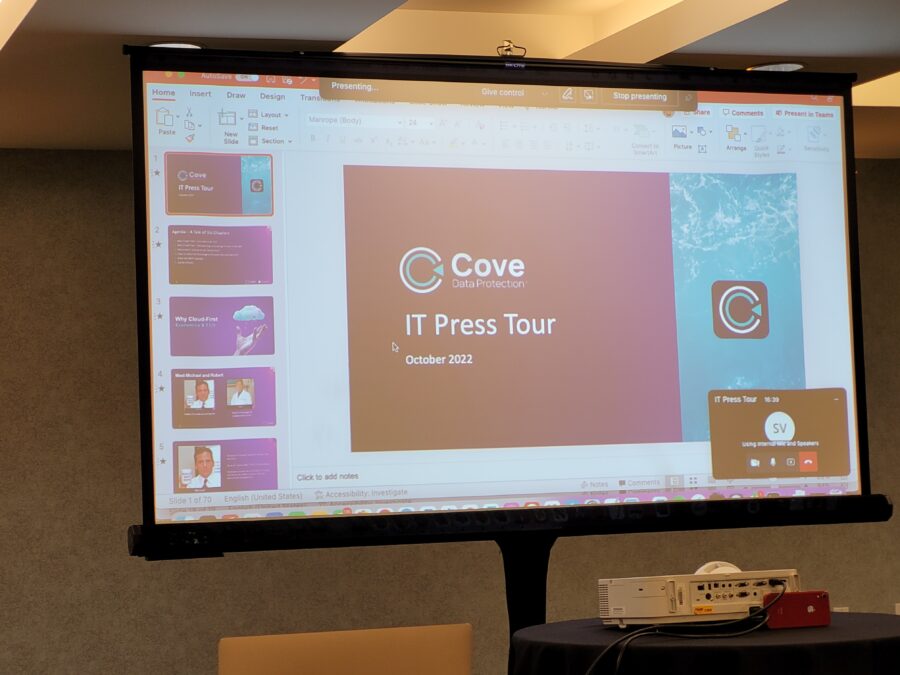On Tuesday evening, the Chief Secretary to the Treasury, Stephen Barclay, announced that the implementation of new IR35 legislation to the private sector would be delayed. In order to help organisations through this period of unprecedented challenges, the tax reforms will not come into effect until 6th April 2021. This is a welcome relief, both to IT contractors and the organisations that engage them.
In the past few weeks, we at MRL Consulting Group have had a surge in the number of requests for flexible resources, and we know that this is the same for many other recruiters. Now, IT contractors are able to continue working and earning, and businesses can plug any shortfalls in talent caused by the spread of the virus. So, what should organisations and contractors be doing in the wake of this update?
Consider the long term
It can be difficult not to be overwhelmed by the constant stream of news and updates incoming from around the world, but organisations must remember that once this pandemic passes, we will return to normality. Whenever that may be, all of the existing challenges which were once considered most pressing will return. Competition, pace of innovation and the war for talent may be familiar battlegrounds, but they will be more difficult than ever to deal with if a business’ resources are depleted.
Where possible, organisations should continue with projects as scheduled, taking advantage of the delay to tax reforms and hiring contractors to cover any staff unable to work. Most IT contractors can easily work remotely – and are used to doing so, allowing operations to continue while workers are displaced and discouraged from being in close proximity.
IR35 reform delay: how tech companies and contractors should respond
Safety first
Everyone, including IT contractors, should be following the government advice on social distancing and self-isolation; contractors should not put themselves or others at risk and should always consider alternative ways of working when possible.
For businesses, this means implementing the same health and safety standards for both permanent and temporary staff. All of us have a responsibility to prevent the spread of the virus, and we must take this seriously. Encourage remote working where possible, reduce physical contact and take the necessary hand washing and sanitising steps.
Engage with experts
This is a time when the most business-critical processes must come first, so both contractors and organisations should engage with those who have the niche skills and experiences which will best aid them. Just as we would go to respected news sources for details on the latest developments related to the virus, individuals should seek expert advice on other matters.
Both businesses and contractors should engage with specialist recruiters, so that roles can be filled quickly and by the right person. Likewise, organisations and workers should rely on legal and financial experts should they have any questions or concerns.
Why should tech companies use tech consultants?
Keep calm and carry on
Though this is not a situation anyone would have wished for, every cloud has a silver lining, and the delay of IR35 is just that for contractors and their clients. Not only does this provide some financial security for contractors who may otherwise have found it difficult to work, but this helps businesses to operate as normally as possible in the current circumstances.
The best way to ensure a smooth path back to reality is to keep business functioning wherever and however possible. By engaging with contractors, organisations can steady the ship and ensure not just continuity, but longevity, following the peak of this crisis.








